Introduction
Kodava, also known as Coorg, is a picturesque district in the southwestern part of India. Nestled amidst lush greenery and misty hills, this region is not only known for its breathtaking landscapes but also for its unique and rich cultural heritage, particularly its wedding rituals. In this article, we will take you on a journey through the fascinating world of Kodava or Coorg wedding customs and traditions.
The Kodava Community
Before delving into the intricacies of Kodava wedding rituals, it’s essential to understand the community that practices them. The Kodava people are a distinct ethnic group with a rich history and cultural identity. They are known for their love for nature, martial traditions, and close-knit communities.
Pre-Wedding Rituals
1. Nischay Tamulam (Engagement)
The journey of a Kodava wedding begins with the engagement ceremony. Families exchange betel leaves, areca nuts, and gold ornaments as a symbol of acceptance and commitment.
2. Kanni Bene (Bride’s Price)
In this unique custom, the groom’s family presents gifts to the bride’s family, which symbolizes respect and appreciation.
3. Bolakka Dampati (Invoking Ancestors)
To seek blessings and guidance from their ancestors, both families perform a sacred ritual called Bolakka Dampati.
The Wedding Ceremony
4. Mandap (Wedding Venue)
The wedding takes place under a beautifully decorated canopy known as the Mandap. It is adorned with traditional motifs and flowers.
5. Kaippada (Sacred Fire)
The centerpiece of the wedding is the sacred fire, or Kaippada. The bride and groom make offerings to the fire as a symbol of purity and unity.
6. Thaale-Nerthu (Tying the Sacred Thread)
During this ritual, the groom ties a sacred thread around the bride’s neck, signifying their eternal bond.
7. Kutta Muhurtha (Tying the Knot)
The most significant moment arrives when the groom ties the Thaale (sacred thread) around the bride’s neck, symbolizing their union.
Post-Wedding Traditions
8. Paani Kettodu (Fetching Water)
The newlyweds, as a symbol of prosperity and togetherness, fetch water from a nearby river or well.
9. Oorga Eri Kaape (Welcome Ceremony)
The bride is welcomed into her new home with grand celebrations, marking the beginning of her life with her husband.
Conclusion
Kodava or Coorg wedding rituals are a beautiful blend of tradition, spirituality, and togetherness. They offer a glimpse into the rich cultural heritage of the Kodava community, making every wedding a unique and memorable experience.
FAQs
1. What is the significance of the Mandap in Kodava weddings?
The Mandap is where the wedding ceremony takes place, symbolizing the sacredness of the union between the bride and groom.
2. How long do Kodava wedding rituals typically last?
Kodava weddings are known for their elaborate rituals, and they can last for several days, with each day holding special significance.
3. Are Kodava weddings open to outsiders?
While Kodava weddings are primarily a family affair, many couples choose to share their traditions with friends and well-wishers.
4. What are some unique customs in Kodava weddings?
Kodava weddings have several unique customs, including the exchange of betel leaves and areca nuts during the engagement ceremony.
5. Can non-Kodava individuals have a Kodava-style wedding?
While Kodava weddings are culturally specific, anyone can appreciate and incorporate elements of these beautiful rituals into their own ceremonies.




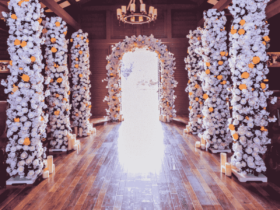
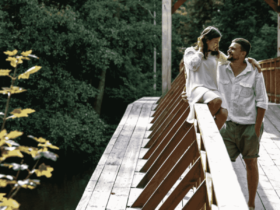



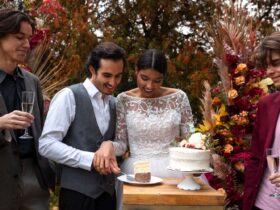

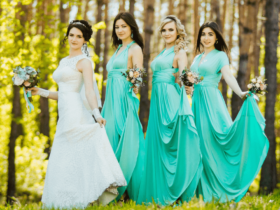


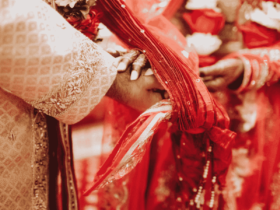


Leave a Reply